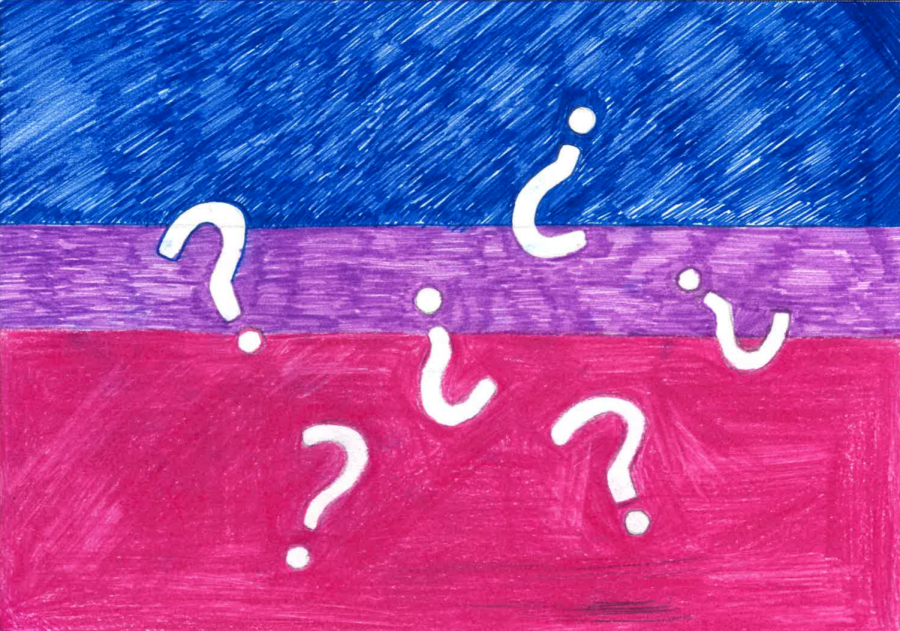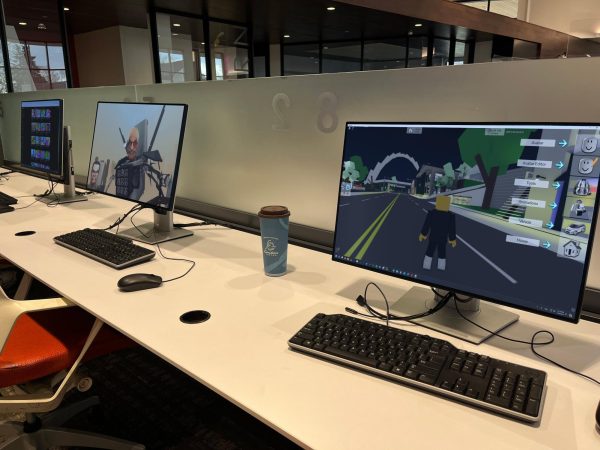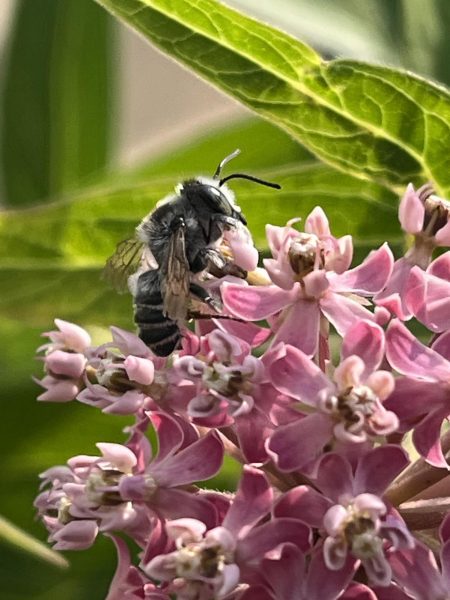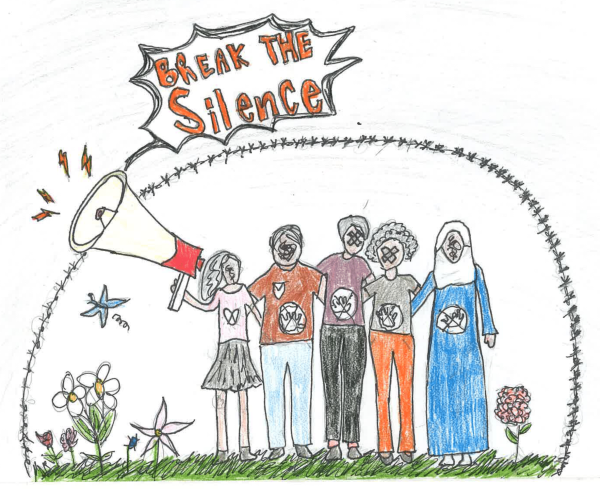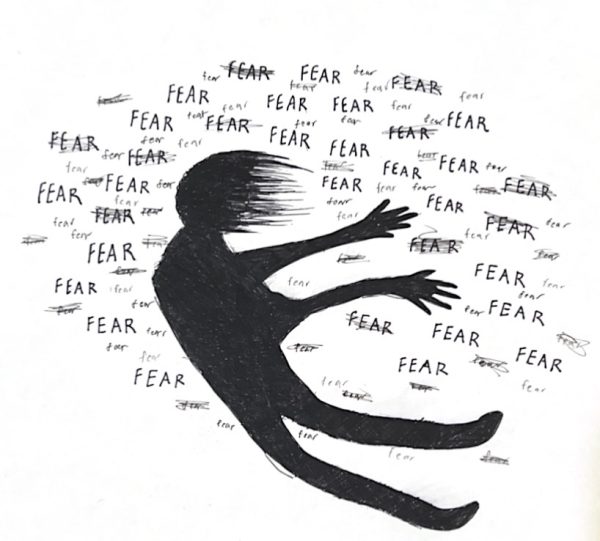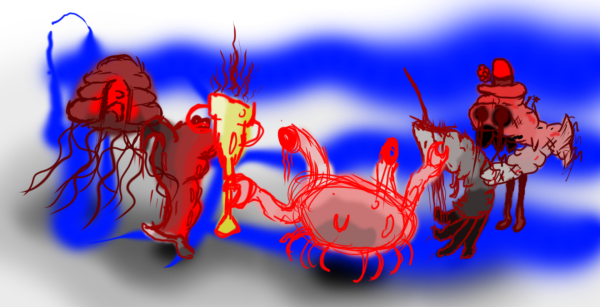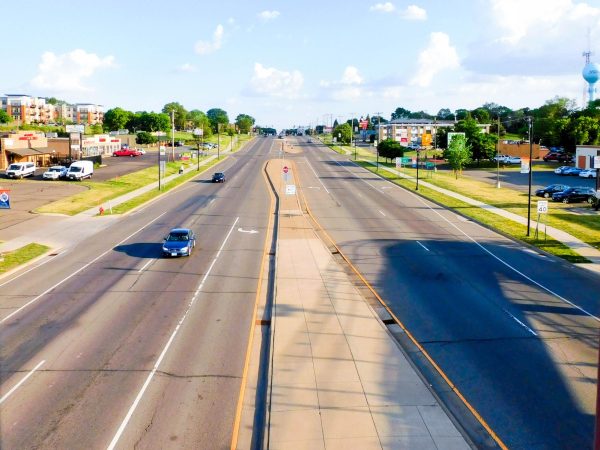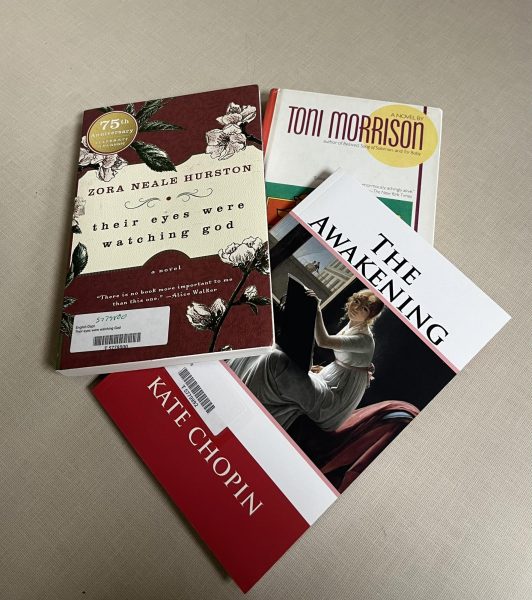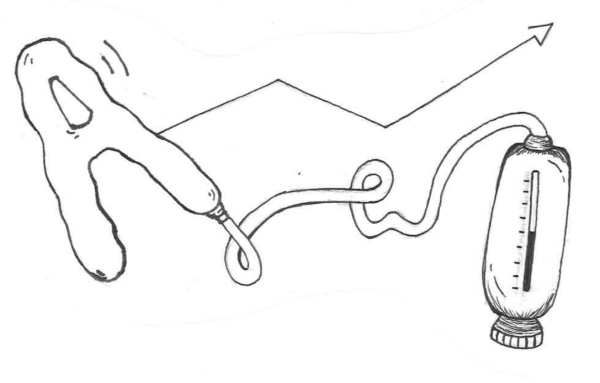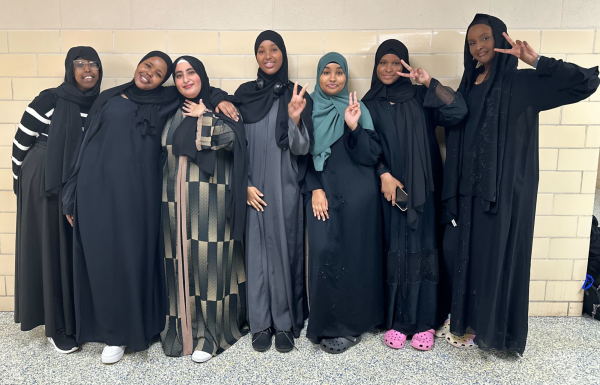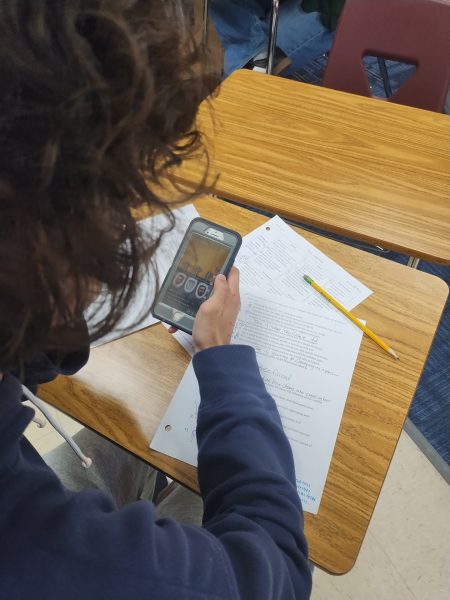Troubled, harassed, and invalidated: The importance of Bisexual acceptance
Some people still don’t understand and/or believe that you can like two genders at the same time.
Cuffed jeans, clear phone cases, finger guns and peace signs. Bisexuals are known for many things. Along with the attributes listed above, bisexuality has many positive and negative connotations in today’s media and society. Whether we’re the butt of the joke in a show or labeled as “just a phase” by peers, bisexuals have been misrepresented and misunderstood for a very long time. This is all mild in comparison to all of the people who refuse to even acknowledge the existence of bisexuals, reducing them to either one step away from becoming straight or realizing that they are actually homosexual.
“I don’t remember exactly where I heard this stereotype, but I think I have heard that some people believe that bisexuality does not exist, [or] that someone that is bisexual is confused, and just needs to choose,” Columbia Heights High School (CHHS) math teacher and head wrestling coach Mr. Billy Depies said.
Two major stereotypes of bisexuality is that it is the result of indecisiveness, and bisexual people’s attraction to multiple genders is always split evenly in half. Labeling bisexual people as indecisive is just ridiculous. For one, sexuality is not a choice. No one chooses which genders or people they are attracted to, and the same goes for bisexual people. Though the literal meaning of bisexual can be translated as “attracted to both sexes,” there are many more than two genders, and not every bisexual identifies with that definition of the word. Bisexuality can mean attraction to multiple genders, both masculine and feminine traits, or something else entirely. Bisexuality does not disregard gender identities outside of females and males — it is simply an attraction to more than one sex, not to be confused with pansexuality which can be described as attraction regardless of gender or all genders.
Being a part of the LGBTQ+ community, bisexuals have also faced discrimination due to their sexuality. A sad reality, though, is that bisexuals are largely targeted by their queer peers, with many stereotypes about them coming from gay and lesbian people.
“Research shows that bisexual people face discrimination from both heterosexual people and gay and lesbian people,” Bisexual Resource Center co-president Kate Estrop said.
There is also a double standard held against specifically male-identifying bisexuals. They are regularly labeled as “secretly gay,” mainly by gay males. They are often grouped in with gay males during studies and statistics, even though they are two different groups within the queer community. There are also people who discriminate against bisexual men for being with the same sex in the past.
“63 percent of women wouldn’t date a man who has had sex with another man, and only 19 percent of women would date a bisexual person.” Bisexual advocate Lewis Oakley said. “Bi men tell me that the women who have an issue with their sexuality are usually informed by prejudice, assuming that bi men are secretly gay, cheaters or disease carriers. That is discrimination and it’s wrong.”
Growing up, I always knew that I wasn’t straight — I just didn’t know what I was feeling was called. When I entered the sixth grade, I was exposed to people in the LGBTQ+ community through school and the internet, which made me realize that liking men and women was called bisexuality. I am now out to everyone that is important to me in my life, but I still feel inferior to many of my LGBTQ+ friends. I feel like I am “not queer enough” or that the way that I define my bisexuality is wrong because it doesn’t match the people I see on TikTok.
Social media plays a big part in pushing certain stereotypes when it comes to all groups of people and influencing what people think about them. The constant wave of bisexual people that have a preference for female-identifying people on my timeline makes me question if my feelings are valid.
“The only time I can remember being treated differently because of my sexuality was in middle school,” Garcia said. “My ex-friend’s parents found out about my sexuality and told them to stop being friends with me.”
Bisexuality is not invalid. We are not confused. We are not indecisive. We are not players. We just want to be seen as who we truly are by straight and queer people alike.
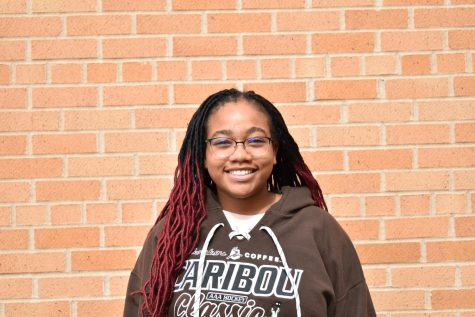
Destiny McDowell is a senior at CHHS, and it’s her second year on The Heights Herald, this time as the Arts & Entertainment Editor. She enjoys eating...


